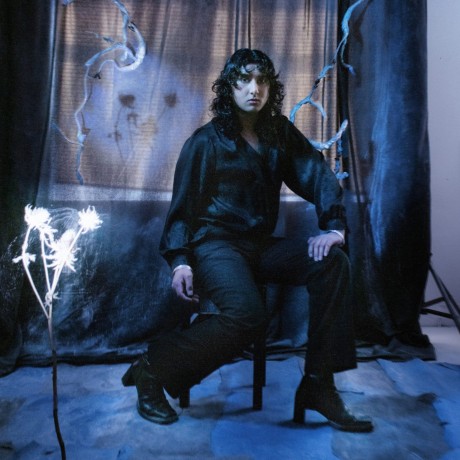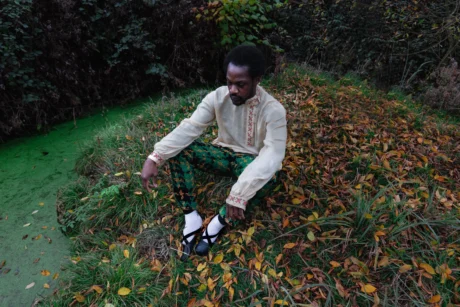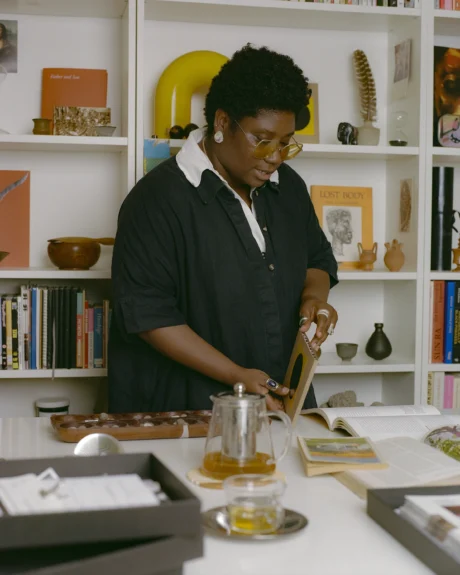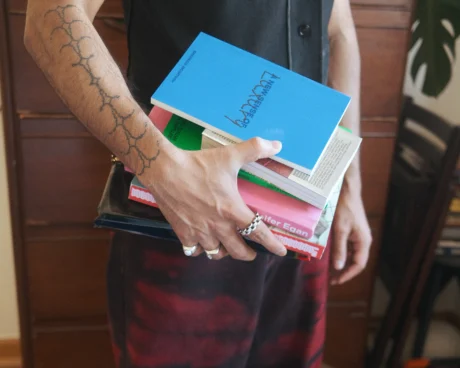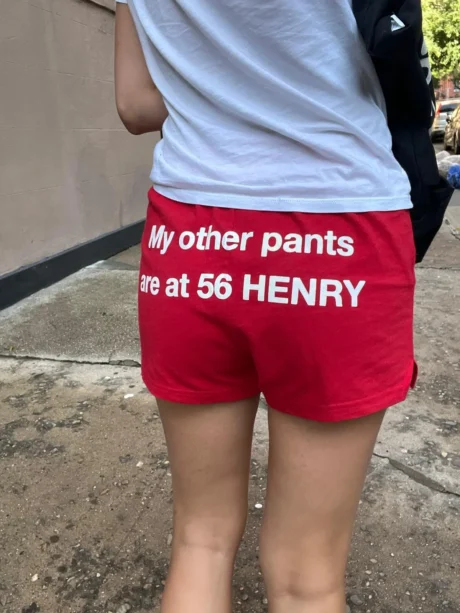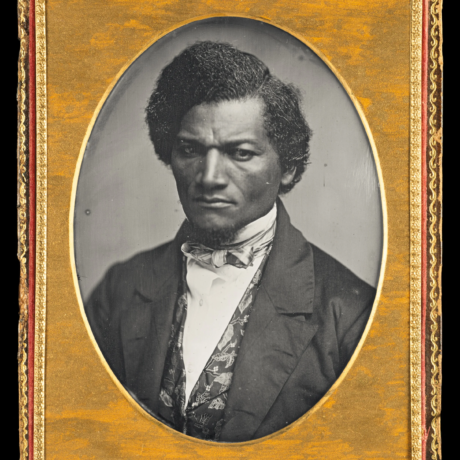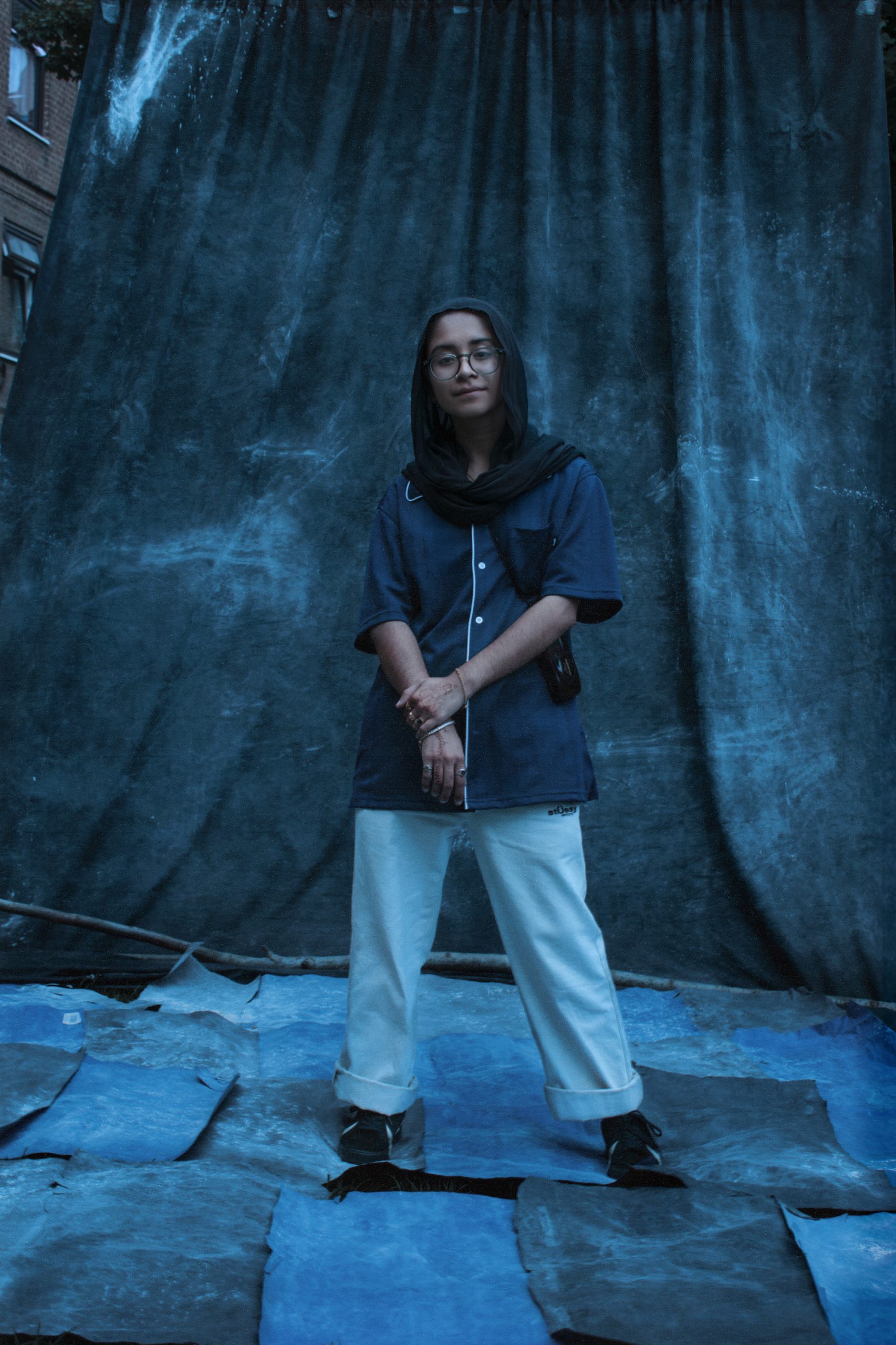
Khatun is a graduate of London College of Communication and works in photography and moving image, employing documentary and more fluid narrative forms to navigate her relationships, her family and her place in the world. She was born and raised in Leicester and the city is a profound influence on her practice.
‘State of the Nation’ is a special series in which artists discuss how living in the UK informs their work and their ways of thinking about unity and identity, home and heritage.
Last year I made a film called Britain Mine. It came out of a weird time, during lockdown, but it was a work I always had to make: it blew me away when I talked to my mum and my brother about how differently we could all perceive our Britishness. I feel British but my brother doesn’t: we’re a year apart, we went to the same schools, same college, we lived in the same house for 19 years.
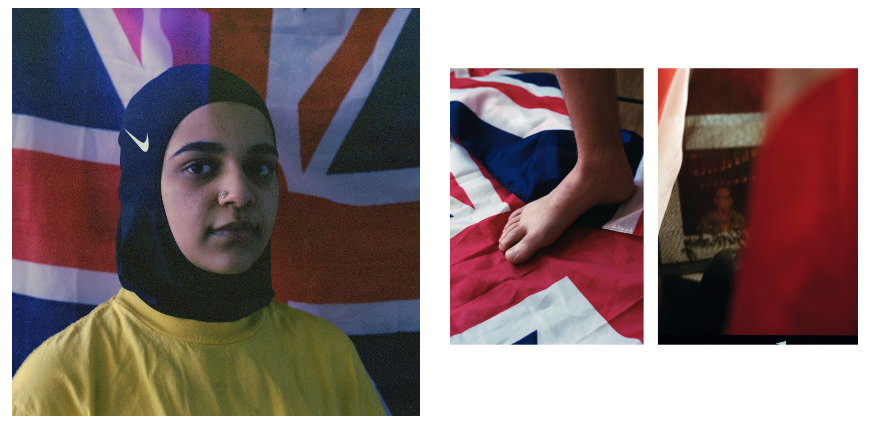
I love being British, I love my accent, I love going to the pub and watching the footie. I lived in the same house, same street, in Highfields, Leicester, until I was 19 and moved to London to go to uni. My cousins and grandma and aunts basically all live on the same street, and every time I think about that, my heart swells. My family dynamic is weird, but my cousins and brothers feel like a proper safe space, as does Leicester.
Every time I go home, which isn’t often now, it genuinely feels like a warm embrace. It feels like home, the pace is slower and everything’s familiar. It’s super corny but I can’t emphasise enough how deep my love for my city runs. I grew as a person in Leicester, and it shapes my work. I wish I could live in Leicester for the rest of my life, but it’s small and compact and I have to grow. But Leicester will always be home, the attitude and the love is different.
“It blew me away when I talked to my mum and brother about how we all perceive our Britishness. I feel British but my brother doesn’t”
Both my parents are from Bangladesh, but people often tell me I don’t look Bengali, because of my lighter skin tone, my accent, my demeanour, or whatever. And for ages I thought that was a positive thing, people say it as if it’s a compliment. It always returns to this regressive idea of having to look a certain way, to sound a certain way. So, yeah, I am constantly having to think about my ‘Britishness’, but with that, I’ve had to think about my Bengali-ness an awful lot as well. But I am what I am and speaking to the people closest to me offers the opportunity to understand, and I seek solace in that.
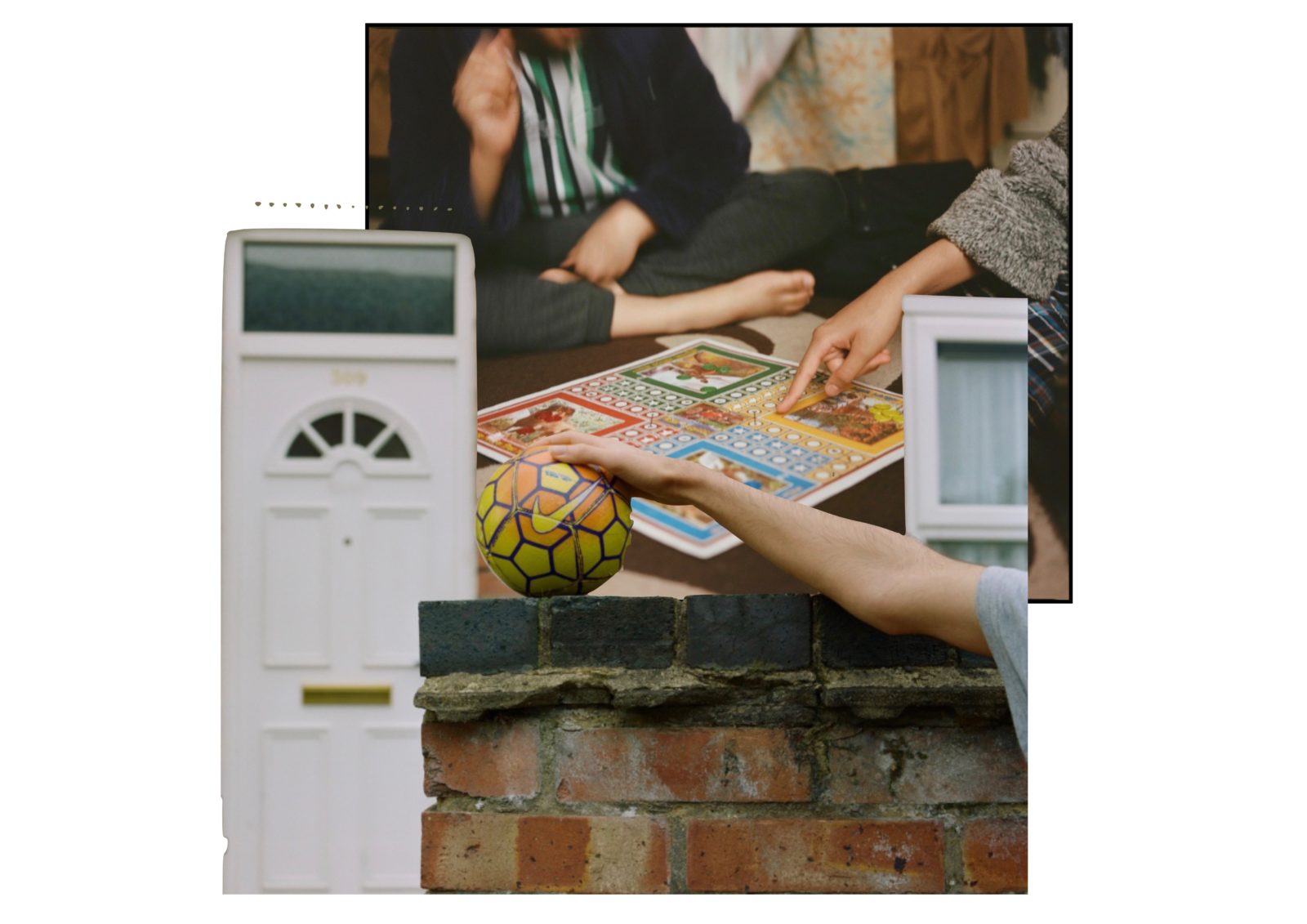
A massive focus of my work is the community: the people who live next door, my own family. I feel that I’d be a hypocrite voicing all these opinions about identity if I didn’t start with that, how we see ourselves and what’s been forced on us. My city, my peoples, my food, my speech: it’s all so important to me, and it’s all interlinked. Also, I like challenges, and there’s no bigger challenge than working with my South Asian family and telling them they’re wrong!
“People often tell me I don’t look Bengali, because of my lighter skin tone, my accent, my demeanour, or whatever”
My mum’s never spoken to me about her life in Bangladesh, ever. She’s completely baffled when I start taking pictures of her making samosas. She asks me if that’s what white people want to see now. And I think yeah, they probably do.
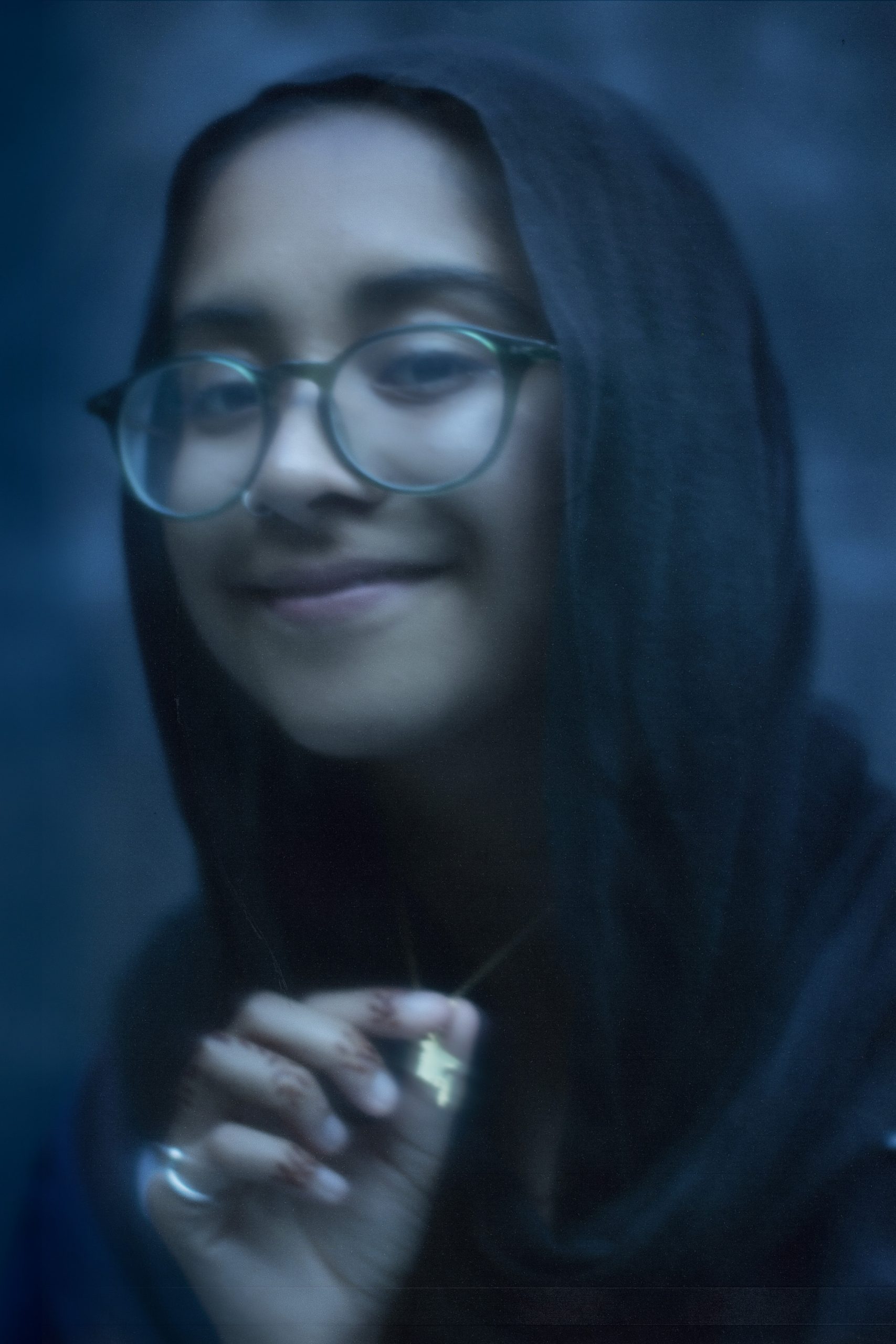
When you do have a platform, I feel like you have a responsibility, and there are some things you can’t afford not to talk about. But I make things because I want to make them, and if it does have a political undertone, then that’s up to me. There are so many things that influence who we are.
“A massive focus of my work is the community. I feel that I’d be a hypocrite voicing all these opinions about identity if I didn’t start with that”
At the moment, I’m working on a project about age, and what people think about milestones, what the traditional expectations are and how they have started shifting. It’s something I thought we should start speaking about, so I started by asking my younger cousins questions about it and photographing them. I realised I had all this pre-conceived bias about age, and those conversations opened my mind.
This is why I do photography and make films, to learn about people’s lives. To start conversations, or have conversations I wouldn’t have had otherwise. The most important thing in life is communication.
As told to Charlotte Jansen, an arts journalist and author, as well as Elephant’s former editor-at-large
This article appeared in Elephant 46: Autumn Winter 2021, available to buy here
